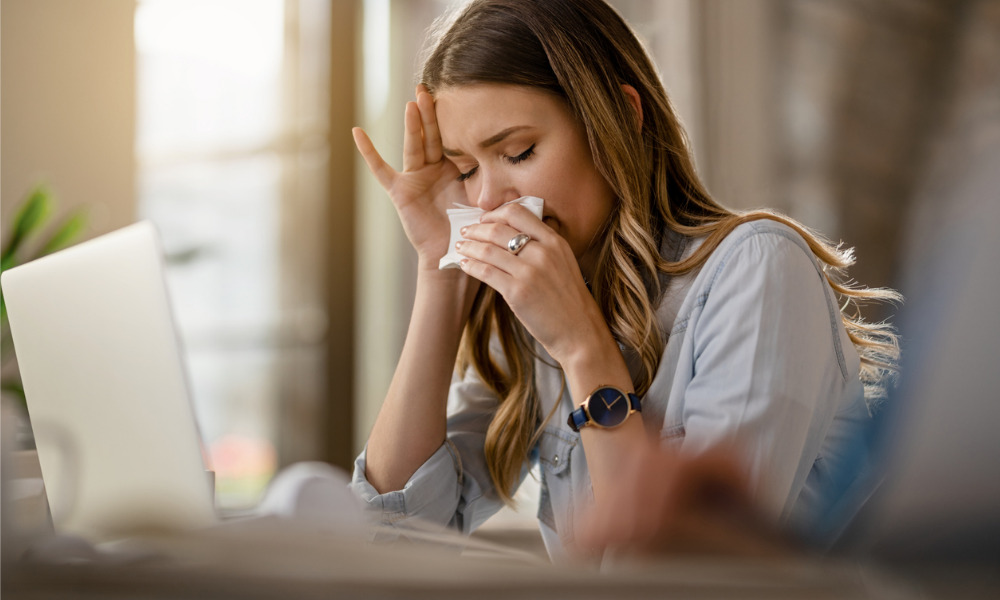
What should employers do to avoid COVID-19 risks in the workplace?

An employee has recently been charged with workplace violations after showing up to her workplace even after being made aware that she had tested positive for COVID-19.
WorkSafe Victoria filed allegations against an aged-care nurse with two breaches of the Occupational Health and Safety (OHS) Act following the exposure of her workmates and clients to the virus. HRD previously reported on a similar case of an employer prosecuted after “a deadly COVID-19 outbreak” in its facility. Following these cases, what should employers do to mitigate pandemic-related risks in the workplace?
The workplace health and safety regulator alleged that between 26 July 2020 and 2 August 2020, the nurse attended casual work shifts at an aged care facility.
WorkSafe said that the nurse was allegedly advised not to attend work and then made aware that she had tested positive for COVID-19.
“She is charged with breaching section 32 of the OHS Act on 2 August 2020, in that, without lawful excuse, she recklessly placed, or may have placed another person in danger of serious injury by attending the workplace after returning a positive PCR test,” WorkSafe said.
Moreover, WorkSafe also charged the nurse with breaching section 25 (1) (b) of the OHS Act by failing to take reasonable care for the health and safety of other individuals in the workplace when she insisted on attending work after being advised not to between 26 July and 2 August 2020.
“It is not alleged that the nurse’s actions resulted in the transmission of COVID-19 at the workplace she attended,” WorkSafe said.
According to the workplace health and safety regulator, the decision to prosecute the nurse was made under WorkSafe’s General Prosecution Guidelines, which require WorkSafe to “consider whether there is sufficient evidence to support a reasonable prospect of conviction and whether bringing a prosecution is in the public interest.”
WorkSafe said that on 7 September, the matter was listed for a filing hearing at the Moorabbin Magistrates’ Court.